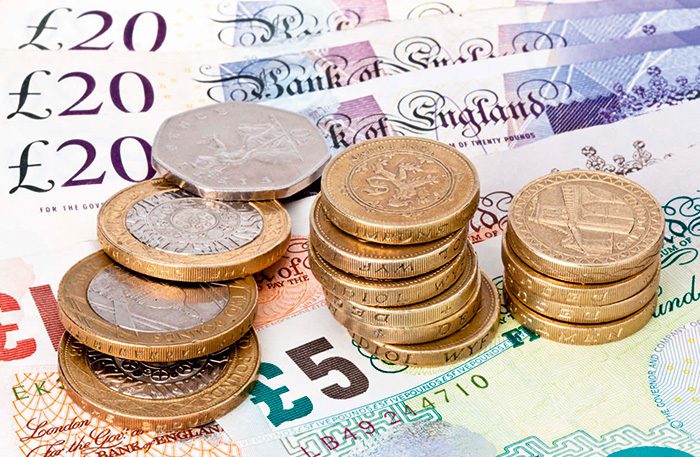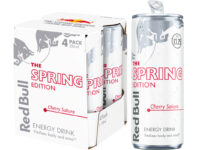Bank cash handling charges and changes to payment service commissions have put independent retailers under pressure but some consumers now expect to give up cash completely. Is that likely?

Could the time be coming when retailers no longer have to make their way to the bank to lodge cash … and pay the often expensive charges involved?
We’ve had chip and pin for many years but now Apple Pay is up and running in the UK, for those with the latest iPhones and Apple Watches. And competitor Android Pay is available in the United States and person to person payment by phone could take off.
Research company Mintel says the payments industry is fast becoming one of the most dynamic areas in financial services, and it has found that almost two in five (39%) Britons think a cashless society is inevitable.
However the same research, says the firm, shows cash is still very much king for many consumers.
Mintel’s analysis of consumer payment preferences found just over half (52%) of those surveyed saw no need to change the way we pay for things. And a similar 52% proportion said they thought using cash is the easiest way to keep track of spending. Half of the respondents see cash as the only payment method that is 100% secure and the great majority of people still use cash frequently.
On the other hand it is younger consumers who are the most likely to think that a cashless society is inevitable.
More than two in five (43%) consumers aged 16-34 agree with that statement compared to around one third (32%) of over-55s.
Young men are the most convinced that Britain will operate in a cashless society, with 47% of males aged 16-24 saying it will one day be the case.
But Jessica Morley, financial services analyst at Mintel, said that despite a fast-changing payments scene the UK is still a long way from a cashless society.
“The fact that cash is tangible and easy to understand means that consumers perceive it to be the most secure method of paying and the easiest way of keeping track of spending,” she said.
“However, there is an opportunity for the payments industry to wean consumers off their reliance on paper money. From a security perspective this is about making it clear to consumers that other methods of paying can actually be more secure than cash, for example, highlighting the fact that cash is unprotected and cannot be recovered if lost or stolen, whereas money stolen from most other methods can be.”
Some 50% of consumers have used eight or more different payment methods in the last six months and 71% of consumers say their decision on which method to use in a particular scenario is predominantly related to convenience. Two in five (40%) Brits prefer to use a payment method that offers rewards such as cashback and air miles.
“There is growing recognition in all consumer markets that just as no two individuals are the same, no two individuals want to use services and products in the exact same way,” Morley said.
Interest in smartphone payments remains low, Mintel found. Just 18% of people say they would like to be able to pay for purchases using their smartphone in shops, restaurants and other high street sites. However, enthusiasm is higher among young individuals: 31% of those aged 16-24 would like to be able to pay by phone compared to 10% of those aged 45-54 and 6% of those aged 55 and over.
But Morley thinks the fingerprint recognition systems on iPhones could make phone payments more acceptable.




















